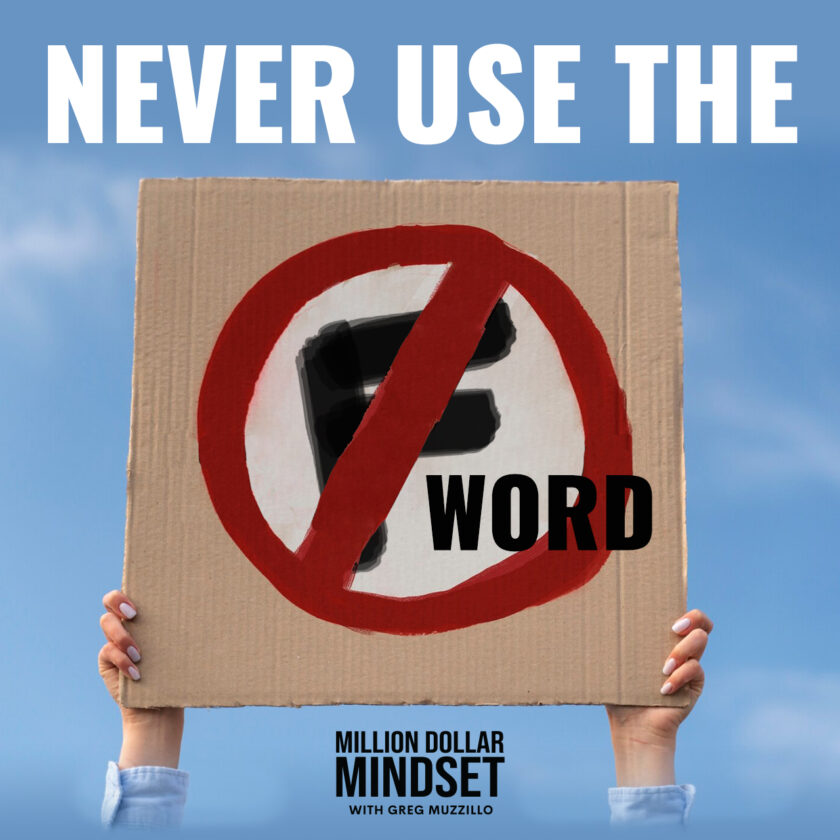If you had to increase your prices 20 percent tomorrow, how would your customers react? After you absorbed unflattering comments and disappointment, your customers would buy fewer products, if they bought any at all.
Beyond our industry, consider what we buy every day: clothing, footwear, housewares, electronics and so on. How would you feel the next time you went to a store and found prices on almost everything in your shopping cart were 20 percent more expensive than the last time you went shopping?
You are essentially supporting the idea of increasing your costs by 20 percent if you are not actively contacting your elected officials regarding the Border Adjustment Tax (BAT).
Those who support the BAT do so because they want to make U.S. manufacturers more competitive, and therefore bring jobs back to the U.S. For some product categories, this might happen. But, for so much of what we sell, the infrastructure is gone and labor is not available. Moreover, it simply will always cost a lot more to make products here that require significant labor content, as this CNN Money article shows.
Competitors alphabroder and SanMar addressed this best in their letter to the industry opposing the BAT when they wrote (emphasis mine):
While we do not want to take anything away from made-in-USA products or the industries that produce goods in America, the manufacturing and labor base of the apparel industry, like many others, is largely absent from this country and has been for decades. It is simply impractical and unrealistic to assume that such a large, across-the-board punitive tax on imports will somehow bring garment factories and their workers back to the United States.
The BAT is not going to bring the jobs back, especially high paying jobs.
Proponents of the BAT argue that the U.S. dollar will rise in value, enough to offset the impact of the tax. Aside from that being an unproven concept, one can envision all sorts of reactions with uncertain consequences. For example, how might China treat U.S.-made airliners and construction equipment if exports of promotional and other products dropped significantly? Indeed, how might the global economy be impacted if other nations must buy oil and other commodities or pay off debts with drastically more expensive U.S. dollars. We live in an interconnected world, and the unanticipated consequences are mind boggling.
Finally, while, in theory, U.S. manufacturers might become more competitive, the entire industry becomes less competitive. Cost per impression increases, and advertisers may move to other to media.
Take action today, and tell your elected officials to oppose the BAT. Click below and follow up with a phone call as well.
Proposed Border Adjustment Tax—Bad For The Promotional Products Industry.



